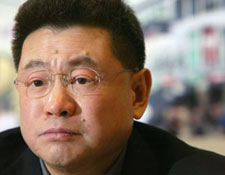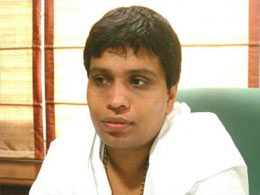
The World bank
1 July 2012. The World Bank blamed Bangladesh government for failing to take action against a high-level corruption and cancelled a $1.2 billion loan for a bridge there.
Bangladesh’s Communication Minister Obaidul Quader told reporters in Dhaka today that the World Bank’s decision was like a bolt from the blue and was unfortunate and mysterious.
Royal Canadian Mounted Police arrested last week two former employees of SNC-Lavalin Group Inc., Canada’s largest engineering company, on corruption charges in connection with the bridge project. The World Bank on Friday said the case also involves Bangladeshi government officials and private individuals.
The bank said it looked for ways to continue the project because of its importance to the country’s development and was ready to continue financing through a contractor outside of government control in exchange for action from Bangladesh authorities, including putting the suspected public officials on leave until the end of the investigation.
The conditions also included appointment of a special team for the case within the country’s own anti-corruption body and to let a World Bank-appointed panel have access to information on the investigation.
Bangladesh on Sunday asked the World Bank to review its decision to scrap the Padma Bridge loan deal and said that the lending agency’s claim of having “concrete evidence” of a graft plot is “entirely baseless”.
“The World Bank claim of having concrete evidence (of graft) is entirely baseless…Unacceptable,” Finance Minister AMA Muhith told a press briefing at his office this evening, a day after the multilateral lending agency scrapped the USD 1.2 billion credit deal on grounds of “corruption conspiracy”.
“Their (WB) all statements are against possible corruption (and) no donor money was used for the project yet…The government spent Taka 1500 crore from own funds for land acquisition (for the project) amid extreme transparency and nobody complained of anomalies in that process,” Muhith said.
He said the government would now await World Bank to revise its decision as the Bangladesh representative to the Washington-based lending agency initiated a discussion for an amicable settlement of the issue.














